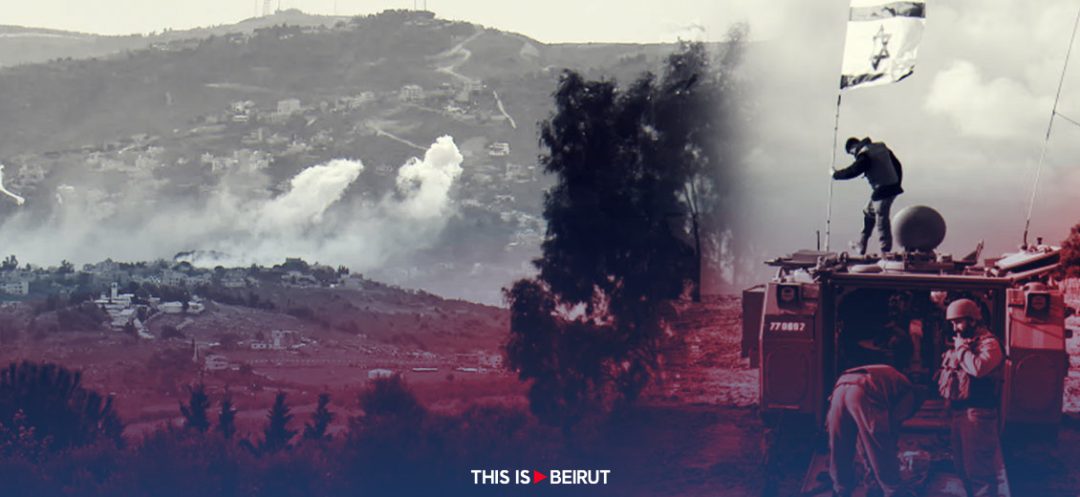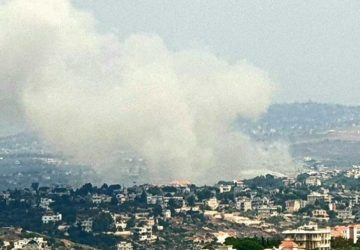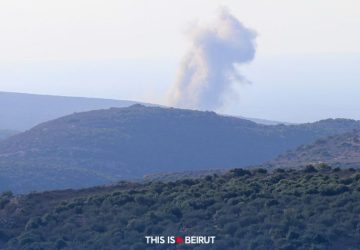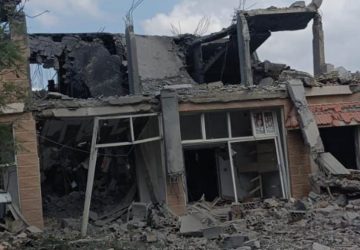Listen to the article
Israeli media, and subsequently European media, has recently reviewed Tel Aviv’s ultimatum regarding a diplomatic resolution to the escalating tensions on Lebanon’s southern front. This ultimatum is set to expire on March 14, fueling speculation that Israel is prepared to implement its own solution, which involves pushing Hezbollah further away from its northern border.
Benny Gantz, a member of the Israeli War Cabinet, had already spoken of this ultimatum two weeks ago.
In light of recent Israeli threats against Lebanon, particularly those voiced by Israeli Defense Minister Yoav Gallant on February 3, 2024, suggesting that a Gaza ceasefire might not automatically apply to the Lebanese border, the information regarding the Israeli ultimatum sparks concerns about a potential widening of the conflict between Hezbollah and Lebanon.
In fact, Gallant stated that Tel Aviv is adamant about pursuing military operations against Hezbollah “until security is restored for residents of northern Israeli kibbutzim.”
Meanwhile, Israel is reiterating its stance against engaging in war with Lebanon, advocating instead for a diplomatic resolution to ensure the safety of northern Israeli inhabitants. Gallant reaffirmed this position to US envoy Amos Hochstein on Tuesday, confirming Israel’s commitment to pursue “political efforts” for a solution along the border with Lebanon, but also acknowledging the possibility of resorting to military options to secure its northern border.
As Israel’s approach towards Lebanon is ever-shifting, the following question arises: which option will ultimately prevail? Is the risk of a potential large-scale Israeli operation against Hezbollah real? Or could Israel be escalating tensions to expedite a diplomatic solution? These are the questions at hand.
In Beirut’s diplomatic circles, reassurance and caution intermingle. According to a Western diplomatic source contacted by This Is Beirut, the mid-March deadline is perceived as part of Israel’s “psychological warfare” strategy, coupled with the lingering possibility of military intervention. As per the same source, such “aggressive statements” by Israel are not “unprecedented.”
The main challenge lies in the lack of clarity regarding a diplomatic resolution. Currently, two distinct initiatives are underway—one led by France and the other by the United States—both aiming for a political settlement but with different approaches. The French initiative, presented to Lebanese authorities last February, proposes measures such as a withdrawal of Hezbollah fighters to a distance of 10 kilometers from the southern border and the deployment of 15,000 Lebanese army soldiers in border regions.
This is a three-step plan, the first being a 10-day ceasefire, followed by the withdrawal of Hezbollah fighters and then negotiations concerning the Lebanese-Israeli border.
However, the American proposals for a settlement remain classified. They were submitted by Amos Hochstein to Parliament Speaker Nabih Berri, who is expected to relay them to Hezbollah.
The French roadmap aims to “make it clear to the warring parties that a political resolution is possible,” asserts the same source, highlighting that the American initiative, on the other hand, “lacks any tangible documentation.” It remains “highly secretive, with no leaked information regarding its contents,” per the same source. This uncertainty therefore doesn’t allow for a clear outlook regarding an upcoming political resolution, at least for now.
A 50/50 Scenario
All these uncertainties lead the cited source to say, “We are still in a 50/50 scenario, where the risk of widespread escalation is as likely as the prospects for a diplomatic resolution. Recent developments indicate Israeli intentions to bypass all geographical constraints, targeting objectives across Lebanese territory.
Contacted by This Is Beirut, a Lebanese political analyst who requested anonymity also framed the Israeli ultimatum within the context of “negotiation tactics.” “This enables Israel to bolster its credibility while intensifying pressure on Hezbollah to achieve its objectives,” he explained. He clarifies that this aligns with Tel Aviv’s strategy of “calculated escalation” ever since clashes with Hezbollah first erupted, “even if the Israeli military has occasionally breached the rules of engagement” in the border conflict between the two parties.
According to this analyst’s assessment—while leaving room for other possible options—Israel is not keen on getting into a large-scale war with Lebanon, as it would only exacerbate its existing problems. “It would essentially be falling into its own trap,” he observes.
The Israeli government wants a definitive solution to its northern border issues in order to avoid reverting to the pre-October 7 situation, as outlined by the same source. Therefore, it is trying by all possible means “to exert pressure on Hezbollah to secure its withdrawal from areas south of the Litani River,” thus ensuring the return of Israeli settlers to northern Israel’s border areas.
For Tel Aviv, Gaza and Lebanon are two distinctive fronts. Yet the present situation, which is both critical and volatile, is vulnerable to sudden shifts.
Finally, and per the same source, the focus is also on the West Bank, “where tensions are escalating with the imminent beginning of the month of Ramadan, during which Palestinians will gather for prayers at the Al-Aqsa Mosque.” In this context, at any moment, the risk of “an aggressive response from the Israeli far right” could reignite tensions and bring about potentially significant repercussions.





